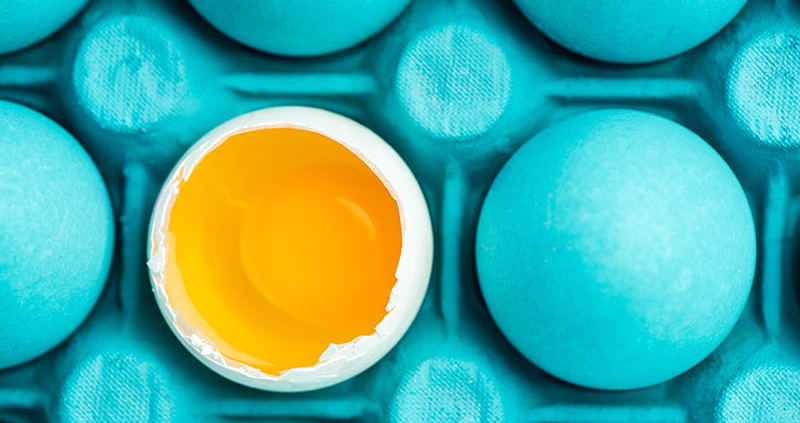What does a fertility dietician do?
Nutritional health does play a role in conception and pregnancy, yet there is so much conflicting advice online for those trying for a baby naturally, couples struggling with infertility or individuals experiencing health conditions that affect their fertility.
A fertility dietician can provide clear, personalised nutritional advice with regard to fertility, pregnancy and gynaecological concerns. The benefits can be wide ranging, including:
- Optimising the chance of conception
- Helping to regulate ovulation
- Can improve egg and sperm health
- May reduce the risk of miscarriage
- May improve success rate of fertility treatments
- Reduce pregnancy-related risk factors
Often just the act of focusing on diet can be good for allaying anxiety as the patient can feel they are being proactive at a time when so much is beyond their control.
 Alex Ballard (@alextalksdiet), a Band 7 specialist fertility dietitian in the NHS, specialises in preconception nutrition and works with Aria Fertility, helping patients with general enquiries about fertility and nutrition and how that links to fertility treatment or any other health conditions.
Alex Ballard (@alextalksdiet), a Band 7 specialist fertility dietitian in the NHS, specialises in preconception nutrition and works with Aria Fertility, helping patients with general enquiries about fertility and nutrition and how that links to fertility treatment or any other health conditions.
“I have been interested in the link between fertility and nutrition since I trained to be a dietician seven years ago as I had family members that were going through fertility treatment and friends that had been recently diagnosed with conditions such as PCOS and endometriosis.”
Unfortunately, it is often challenging to access this support through the NHS. “In seven years of working in the NHS, I have never had a patient referred to me who’s trying to conceive although I know there’s many that would benefit from it.
Support and advice from a fertility nutritionist can be accessed at any point in their journey, but Alex points out that there is optimal time to embark on any changes to lifestyle habits if you’re about to commence fertility treatment.
“If people are motivated then I can help at any stage in their fertility journey but there is a three-month cycle for eggs and sperm to mature to the point that they are ready for fertilisation so any changes you make consistently for 12 weeks or more is likely to have a really beneficial impact both on their fertility and then, hopefully, their pregnancy.”
Patients that could benefit from fertility nutrition advice
“I see both couples and individuals and have three main types of clients,” fertility dietician Alex explains. “People at the beginning of their fertility journey are often looking for more general advice on a diet that is protective of fertility and foetal development.
“The second type of client has been trying to conceive for a long time and is about to start fertility treatment and wants advice specific for that.
“And, finally, I have many clients who have existing health conditions which are impacting their fertility, and which can be better managed through diet. This includes POCS, endometriosis, coeliac, Crohn’s, diabetes, or nutritional deficiencies.”
How does a fertility dietician work?
Although there is a lot of information available online, Alex finds patients are often overwhelmed and her role is to provide practical advice and workable plans that fit in with modern, busy lives.
“I’m always led by the client. The goal is always realistic, sustainable, and important to them. Just because I think something would be highly beneficial to them, if they don’t agree then it’s not going to be a sustainable change.
“I’m not going to send someone away with a long list of changes for them to implement. It’s more likely to be, let’s make one or two realistic goals and then touch base in a month or so and see how things are going.”
Final advice: variety and moderation are key!
“There are definitely foods that we know are particularly rich in nutrients and good for fertility, but the danger is that you can then fixate on some foods and not get enough of the other nutrients we need. I also advise patients not to be too extreme; never eliminate a specific food group, as every one has a purpose.”
We work closely with a wide range of practitioners to provide support throughout your fertility journey – click here to visit our Support Hub.







